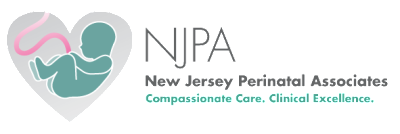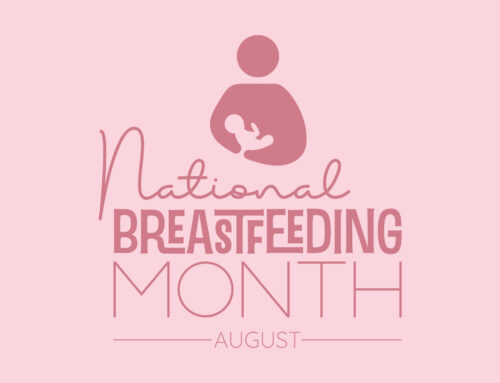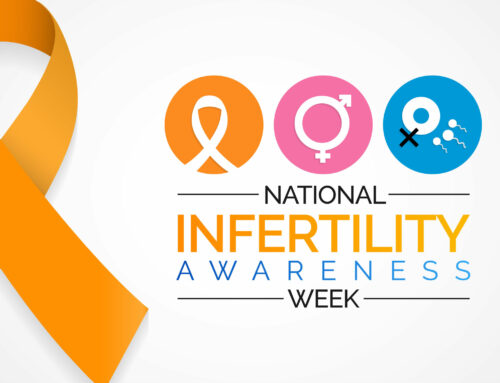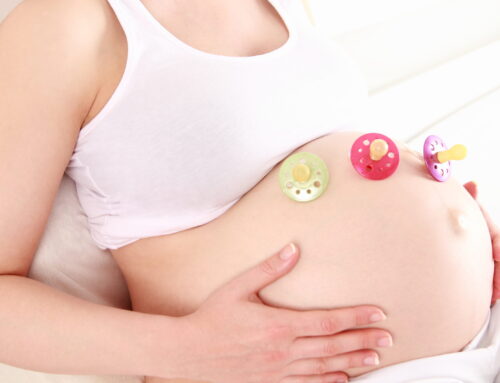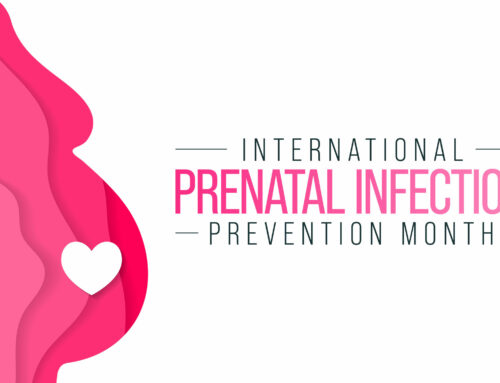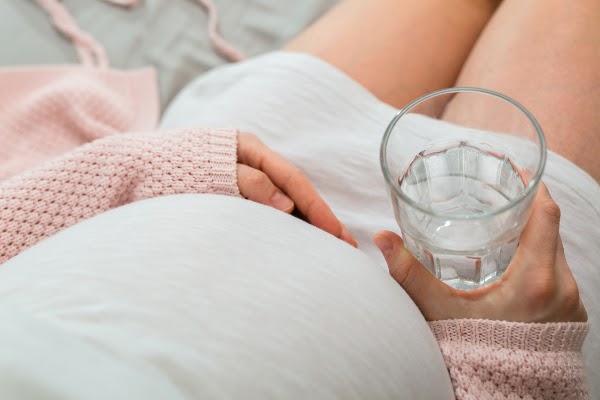
PFOA in NJ Drinking Water – New Guidelines and What You Should Know
At New Jersey Perinatal Associates, we are dedicated to keeping our patients informed about anything that could impact their health or the health of their babies. We understand that pregnancy is a time when many women are even more conscious of their health, especially those with high-risk pregnancies, and we strive to provide as much helpful information as possible so you can feel confident in your health throughout your entire pregnancy. One such issue that has been in the spotlight lately revolves around PFOA in drinking water – NJ has imposed new guidelines to make drinking water safer statewide. Keep reading to learn more about this important development from NJPA.
What is PFOA?
PFOA stands for perfluorooctanoic acid. It is a man-made chemical used to make Teflon and other similar chemicals, but it is not present in significant amounts in the final product. According to the American Cancer Society, PFOA is often considered a health concern because it can remain in the environment and the human body for a long period of time. Certain water supplies can also become contaminated by PFOA. Some areas face larger amounts of water contamination than others, but it is not uncommon to find low PFOA levels in drinking water. Although the U.S. Environmental Protection Agency phased out the use of PFOA in 2006, the half-life of the product in the human body is 4 years and it does not break down in the environment.
PFOA and Pregnancy
Different studies have been conducted to determine if PFOA has an impact on pregnancy and puts unborn babies at a greater risk for health issues. Exposure to PFOA can be difficult to avoid because of the presence of the chemical in the environment and drinking water, so it is important to be aware of the impact it can potentially have and any precautionary steps to take. In general, PFOA is not anticipated to produce malformations in babies. Large doses in animal studies have shown impaired growth, but this has not been found in human studies. One study from 2012 looked at an area with elevated exposure to PFOA in drinking water and found no association between PFOA levels and adverse pregnancy outcomes, other than a small concern for preeclampsia. Pregnancy complications reviewed by the study that were not found to be connected to PFOA exposure included miscarriage, preterm birth, low birth weight, and birth defects. Although this study found the risk of pregnancy complications with PFOA exposure to be very low, some households and businesses may choose to avoid long-term exposure by purchasing bottled water or installing water filtration systems.
What is NJ Doing About PFOA in Drinking Water?
To keep residents safe, including pregnant women, NJ has recently imposed new guidelines regarding PFOA in drinking water throughout the state. The state has set maximum contaminant levels for PFOA and PFOS (perfluorooctanesulfonic acid) that are well below national guidelines and among the strictest in the nation. When there is not a drinking water standard, it is more difficult to ensure that water supplies are safe. New Jersey has shown a strong dedication to the safety of its residents – since the new guidelines are far stricter than the national standard, the state has been sued by water companies. On the flip side, certain towns in NJ have taken action and sued companies that produce these chemicals and in turn, contaminate drinking water throughout the state. New Jersey has been especially hard-hit by PFOA exposure and contamination, and these new guidelines are meant to tackle this issue in the years to come.
Staying Healthy During Pregnancy
Safety measures are being taken in NJ to protect residents and improve the quality of drinking water, however, it is natural for pregnant women to want to take additional steps during their pregnancy to ensure that everything being put into their bodies is safe. Studies have shown that PFOA exposure is not strongly linked to pregnancy issues. With that being said, we still encourage our patients to stay aware of public health issues and remain advocates for their health throughout their pregnancy. Talk to your doctor about the right steps to take during your pregnancy, stay up-to-date with your appointments, and practice healthy lifestyle habits. Our perinatologists at NJPA will be glad to answer any questions you have about how to stay healthy during your pregnancy in NJ.
High-Risk Pregnancy Care in NJ
At New Jersey Perinatal Associates, we are proud to provide expectant mothers and families in NJ with compassionate high-risk pregnancy care tailored to you. We see patients at our several high-risk pregnancy centers in NJ, providing care that falls under prenatal diagnosis, care for medical complications of pregnancy, care for pregnancy-related complications, and preconception counseling. We work with patients every step of the way throughout their pregnancies, while maintaining strong relationships with our referring doctors so every member of a patient’s care team is kept in the loop. To learn more about the care we offer and how to stay healthy throughout your pregnancy or to schedule an appointment at one of our offices in NJ, please contact us today.
